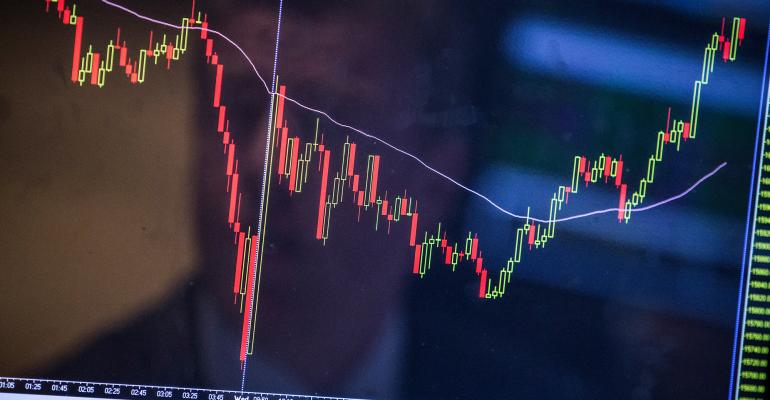(Bloomberg) -- Active management will outperform indexing next year as the market moves into a more rational environment following the 2022 selloff, according to Bank of America strategist Savita Subramanian.
“It is time to avoid being an indexer and get active,” the bank’s head of US equity and quantitative strategy told Bloomberg TV and Radio Monday, citing valuation dispersion being at near historical highs. “What that means is there’s a lot of alpha to be made by just kind of playing mean reversion of valuation.”
In addition, she said, the S&P 500 is very top-heavy in long-duration, high-growth tech — “the old leadership” that had done well during an era of rock-bottom interest rates. “We’re moving into an environment that’s more rational and you really need to sift through and pick the winners.”
Following a strong November, active funds were on pace to have their best year versus their benchmarks since 2017, with 45% outperforming, according to a Dec. 5 note from Bank of America. Meanwhile, the S&P 500 is down 19% for the year as of Monday, on track for its worst annual performance since 2008.
There are parts of the market worth gaining exposure to, Subramanian said. “When everybody is gloomy, the chances are that information is more priced into the market than it has been when everybody is really excited.”
Oil companies won’t be flooding the market with supply over the next 12 months because they have capital discipline making them good bets for investors. Plus, 90% of CEOs at these firms have their compensation tied to ESG goals, not production goals, which marks a meaningful difference for the sector today than it’s been in the past. Meanwhile, the financials sector has morphed from being toxic to investors post-2007 to one that has lower earnings volatility than the S&P 500 and better balance sheets than ever before.
Subramanian says she likes stocks more than bonds over the next 10 years. The bank’s long-term models were “very negative” on equities at the start of 2022. But thanks to this year’s correction, “the setup right now is spitting out something like 5% returns per annum over the next 10 years, rather than negative returns that we were seeing at the beginning of the year,” she said. “It’s not going to be as great as the 2010s, but it’s going to be better than negative.”
At Morgan Stanley strategist Michael Wilson took a gloomier view predicting that a looming earnings recession “by itself could be similar to what transpired in 2008/2009,” and that that could spark a new stock-market low that’s “much worse than what most investors are expecting,” he wrote in a note.
Read more: Morgan Stanley’s Wilson Says US Profit Drop Could Rival 2008 Era
--With assistance from Tom Keene.





